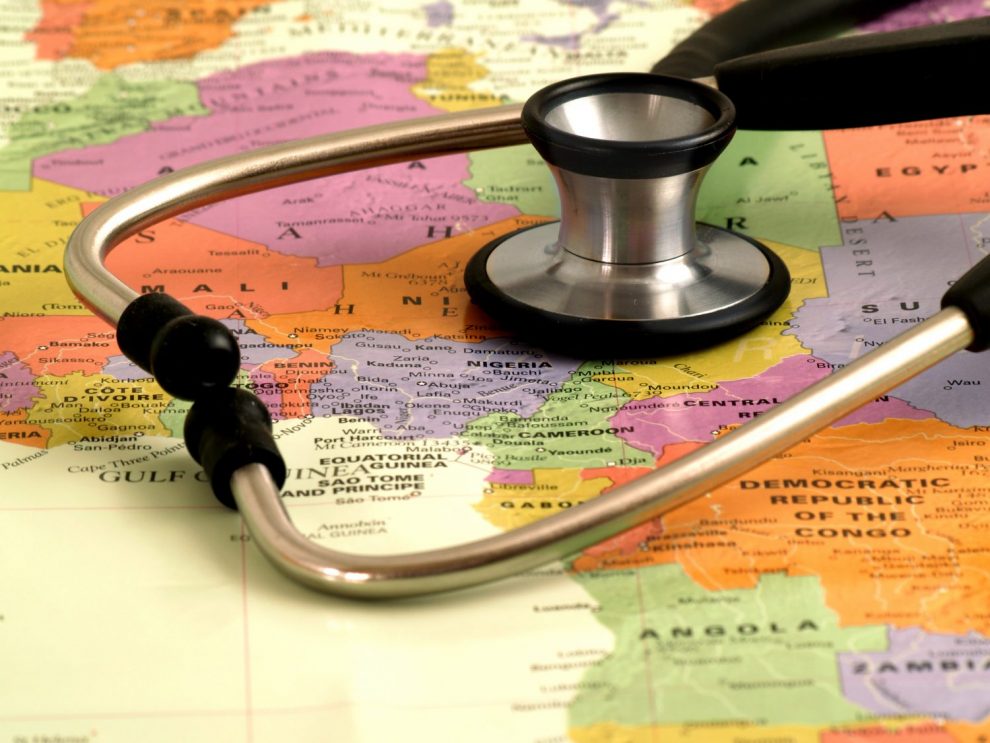Your gut contains around 500 different types of bacteria, which work to help keep you healthy. However, travel, while exciting, can cause an imbalance in this bacteria leading to dreaded tummy troubles on the road. Integrative medical expert Dr Cris Beer explains how to avoid this and keep healthy while you’re on holiday.
There’s no denying travelling to new countries is exciting. All those new sights, smells and tastes to explore. However, for some people, travelling overseas can mean that you bring home more than some photos for the album and happy memories. For around 30 to 50 per cent of travellers, overseas travel can mean an upset tummy, diarrhoea, cramps, nausea, or constipation.
One study found that while travel can have an adverse effect on gut health, it usually returns to its pre-travel state within 14 days of resuming your everyday lifestyle habits once home. On the other hand, those who travel and may get traveller’s diarrhoea through a change in water, food or other types of infection, may have a longer road to recovery.
To avoid stomach problems affecting your holiday, put in place a sensible health plan to ensure that your holiday is healthy and relaxing.
- Begin taking a probiotic at least 30 days before going on holiday, and while you’re away. This can help reduce your risk of traveller’s tum, or, if you do have a stomach upset, lessen the amount of time you’re affected. A probiotic can also reduce your chances of getting traveller’s tummy in the first place, as studies have found that, on average, people taking probiotics, specifically ones which contain Lactobacillus rhamnosus, reduced their risk by 15 per cent.
- Only drink bottled or boiled water. This will help greatly reduce your risk of drinking contaminated water, so avoid ice (unless you’ve made it yourself from bottled or boiled water), and eating fruit and veg which haven’t been washed in clean H2O.
- Wash your hands. This will help you avoid transferring germs and bacteria to your mouth, food, and others.
- Eat well. By all means taste and try the foods of the new country you’re visiting, but don’t neglect your daily health habits: eat at least five pieces of fruit and veg (washed) a day, make sure your fibre levels remain consistent, and try not to overdo the poolside cocktails.
Speak to your healthcare practitioner if symptoms persist. Always read the label. Use only as directed. Supplements may only be of assistance if dietary intake is inadequate.
For more information visit https://www.blackmores.com.au/























Add Comment